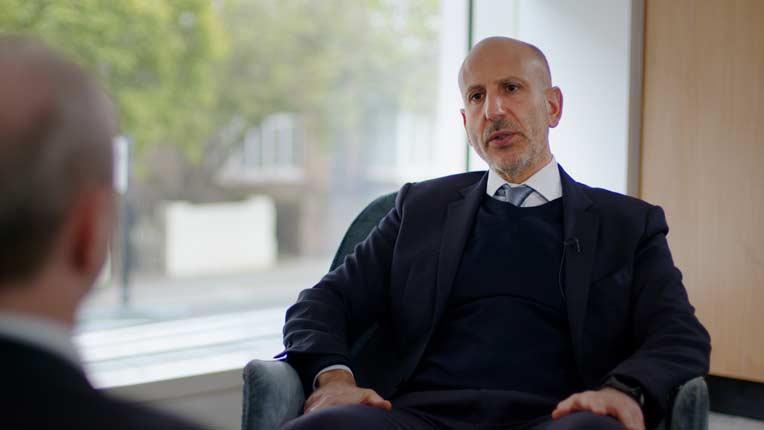Checking your portfolio can be a harrowing or exuberant experience, depending on the market environment. The market rally this year has likely made it easier to look at your statements without cringing. You might be satisfied to see that your portfolio has made back some ground after last year's losses and leave it at that. However, recent performance isn't all that matters. It's important to take a closer look at your portfolio at least annually to make sure it's in good shape. Below are some questions to consider when assessing your portfolio.
Is your asset allocation out of whack?
The market fluctuations during the past year may have dramatically
shifted your portfolio's asset mix. As a result, your portfolio might be
more conservative or aggressive than you originally intended. Our
colleague Christine Benz recently offered
advice in another article on how to assess your asset allocation and
rebalance your portfolio. As she mentions, inputting your portfolio on
Morningstar.co.uk and using the Instant
X-Ray tool can be a useful way to track your investments and help
you decide if your portfolio is skewed toward certain asset classes
(stocks, bonds, or cash), regions, sectors, or stocks.
Morningstar.co.uk members can set up e-mail alerts to monitor big portfolio shifts. If you're not yet a member simply create your free account on our Membership page (Hemscott users can register using their Hemscott login details). Once you have created and saved a portfolio using Portfolio Manager (make sure you have entered accurate share quantities and price data for all holdings), click on Alerts in the grey bar at the top of the screen and you can then create alerts to track if your portfolio's asset allocation fall outside specified ranges. For example, you might want to be alerted if your portfolio's bond stake falls below 40% or if its cash stake rises above 15%.
Are you paying more?
As we have discussed in previous
articles, some funds are facing rising expense ratios after seeing
assets dwindle during the market downturn. An expense ratio that has
risen just a couple of basis points might not be too concerning, but if
several of your funds have seen substantial increases in price, it can
really add up. It is worth keeping an eye on these expense ratios and
taking the time to dig into individual funds to determine if any of them
are pricier than they should be.
Did any of your funds change managers?
If you regularly read our Analyst Reports or news stories on
Morningstar.co.uk, you might find out about a manager change soon after
it has happened. However, it's a good idea to occasionally go through
your portfolio on a fund-by-fund basis to see if management has been
consistent. Pull up each fund on Morningstar.co.uk, click on the
Management tab, and look at the start dates for each manager. If you
notice that a fund has a new manager since you last checked, it's a good
idea to take a closer look. (Our colleague David Kathman discusses
manager changes in this Morningstar.com article).
A new management team can bring a different strategy to the fund, which
might not fit your needs, so you need to know if a fund now plays a
different role in your portfolio and find an alternative if necessary.
How has long-term performance been?
Don't be short-sighted when it comes to performance. Many of the
worst-performing stock funds during the downturn have made up the most
ground in 2009. If you had sold all of your struggling stock funds in
late 2008, you would have missed out on the big gains many funds have
experienced this year. At the same time, some conservative funds that
held up well last year have been slow to rebound, but that's no reason
to avoid them. Take a look at how your funds have done in different
market environments before rushing to judgment. The Charts feature on
Morningstar.co.uk is especially useful for this purpose, as described in this
article. And remember Jason Zweig's advice, which he shared in this
interview with Morningstar's Christine Benz: "You're not diversified
unless you own something that hurts to own."
























